June 6th is the most important day of the month of June for the Korean people. On Memorial Day, 현충일 (Hyeonchung-il), a lot of people visit the Seoul National Memorial Cemetery, 서울 국립 현충원 (seoul gunrip hyeon-chungwon), in Seoul. Seoul National Cemetery is a burial site for veterans and those who died in conflict, and on June 6th, a ceremony honoring those veterans is held with the families of the deceased and the contributors to independence, the President, and key national officials. Memorial Day is a really somber day. At 10:00 AM, the entire nation observes a moment of silence, while flags fly at half-mast.
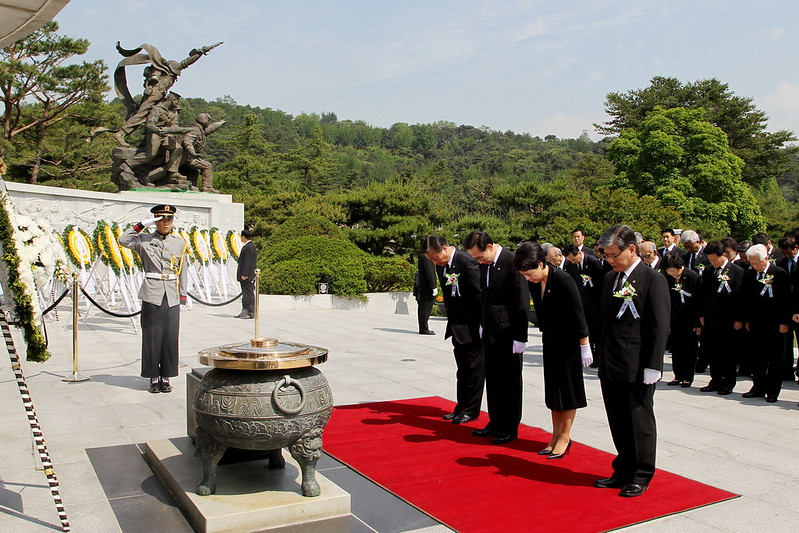
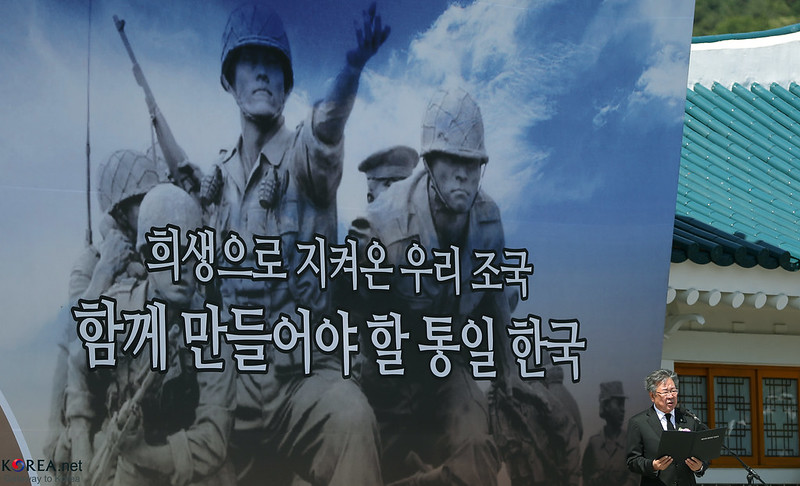
For us, Bulgarians, this tradition resonates deeply. Exactly one month before Memorial Day, on May 6th, we celebrated Gergyovden (St. George’s Day), honoring St. George, the patron saint of courage and soldiers, in Bulgaria. It is also called the Day of Valor and the Bulgarian Army. Similarly to Hyeonchung-il, it honors those who have served and sacrificed their freedom and safety for their respective country. In rural Bulgaria, families gather for feasts of roast lamb, symbolizing sacrifice and renewal, while communities dance to folk songs praising heroism. This fusion of sacred and patriotic traditions reflects Bulgaria’s history: centuries under Ottoman rule (1396–1878) forged a resilience mirrored in Korea’s own struggles against colonization and war.
To honor this shared spirit of valor, my girlfriend Siyana and I visited Sofia’s National Museum of Military History. It is home to artifacts spanning centuries—from antiquity and The Middle Ages to modern NATO-era equipment.
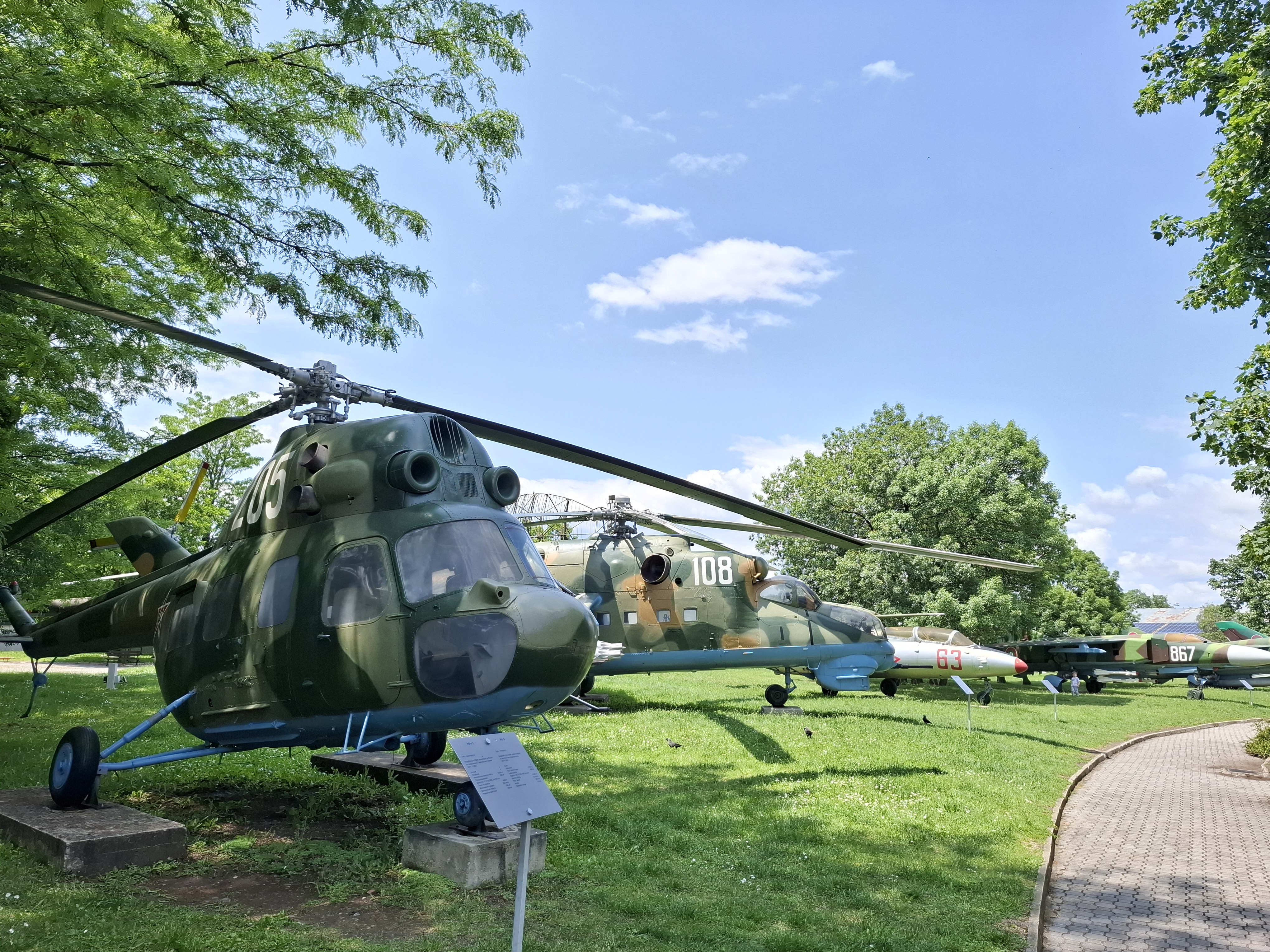
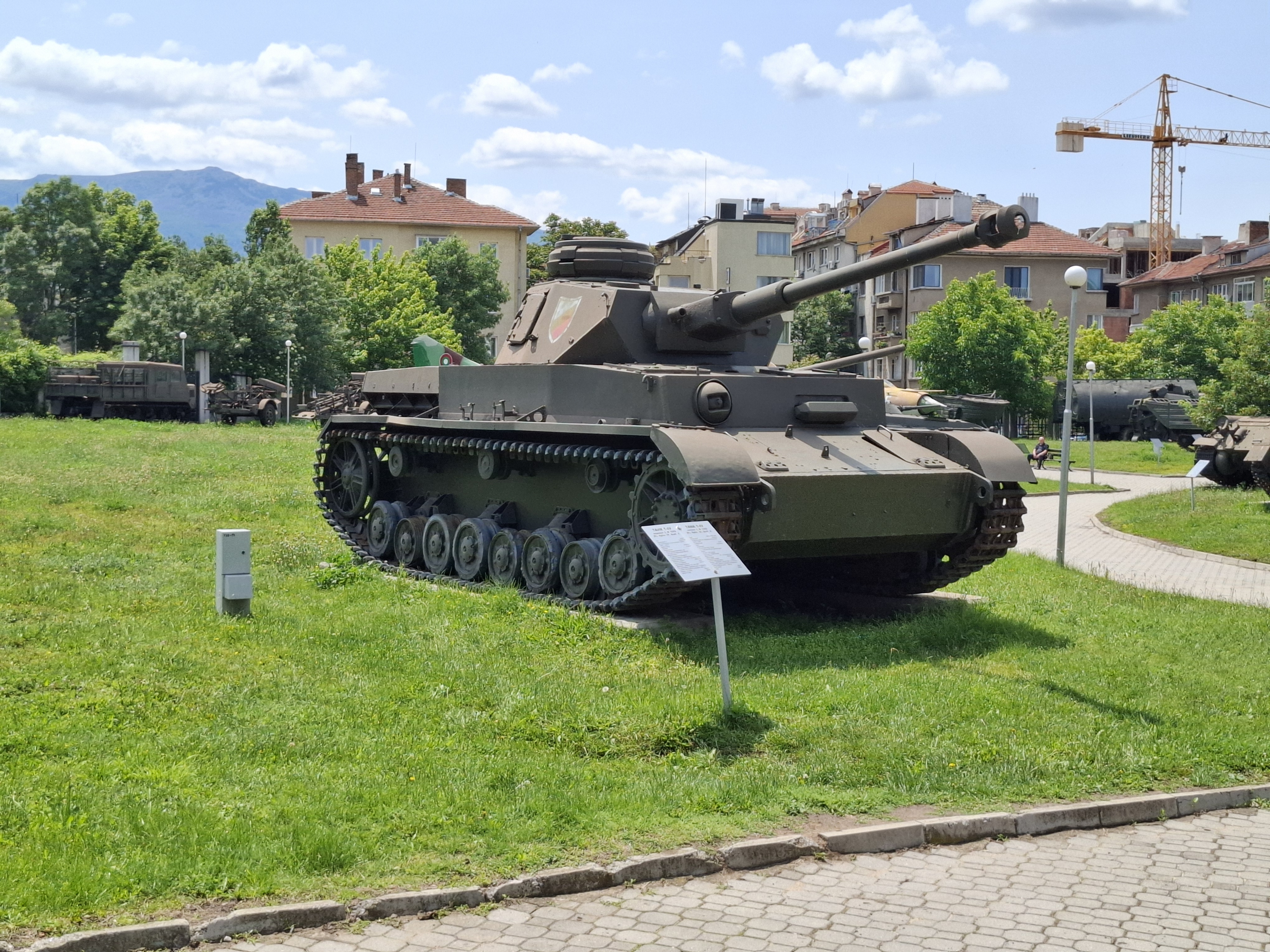
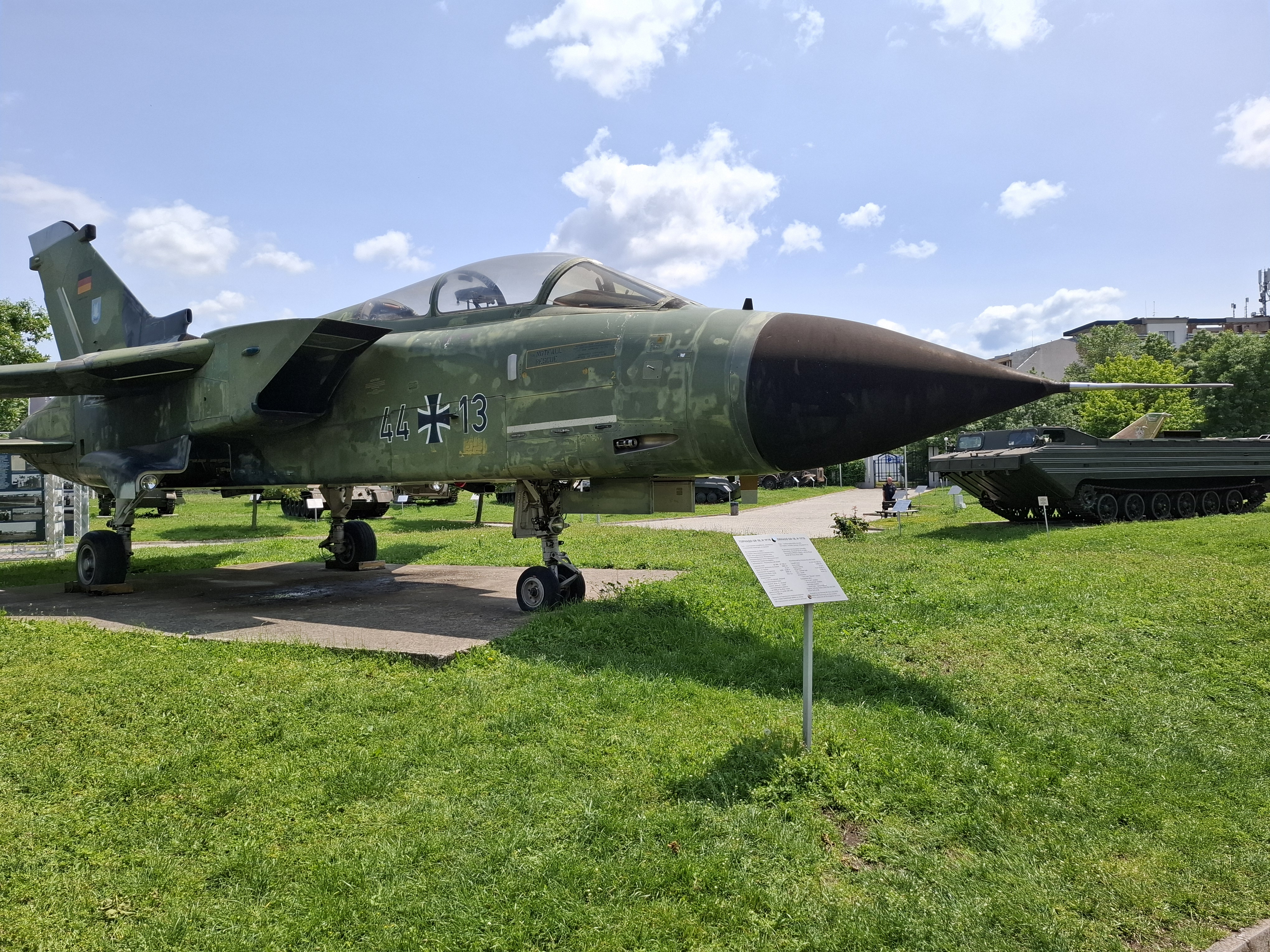
One exhibit particularly caught our attention. And it was the one with the artifacts of Vasil Levski, the Apostle of Freedom. Levski founded the Internal Revolutionary Organization and sought to foment a nationwide uprising against the Ottoman rule in Bulgaria during 1396–1878 through a network of secret regional committees. While Levski’s role was unique to Bulgaria, his dedication mirrors the spirit of resistance found in many nations, including Korea’s own fight for independence against Japanese colonial rule from 1910 to 1945. Standing before these relics, I felt the same reverence Koreans might feel at the Independence Hall of Korea or before the memorials of An Jung-geun or Yu Gwan-sun.
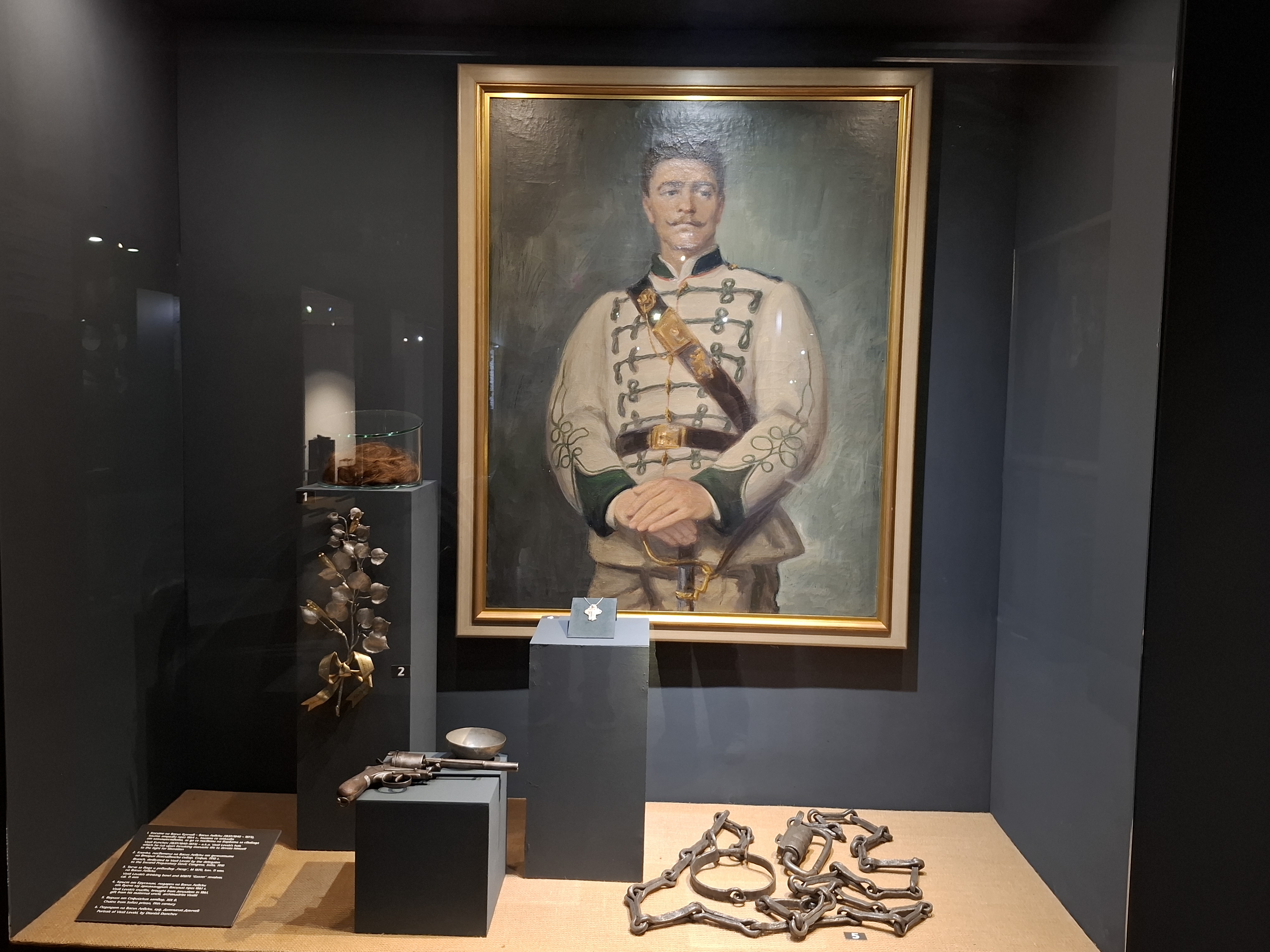
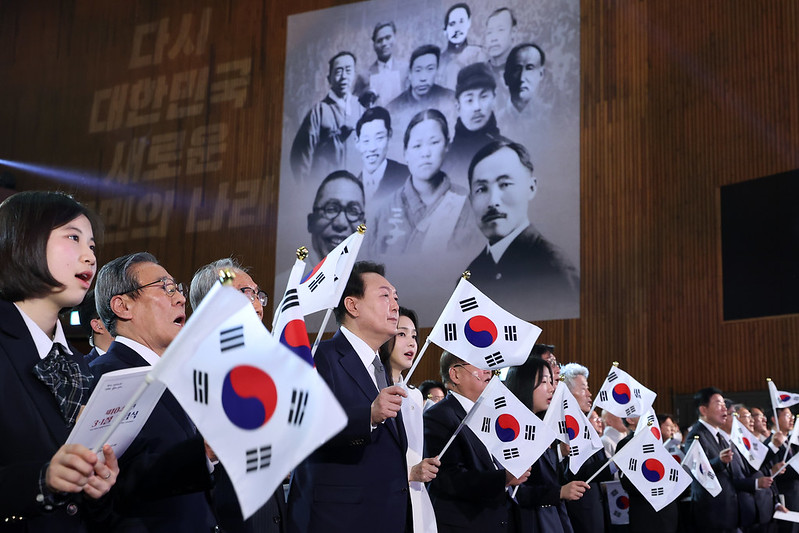
Both nations overcame foreign domination (Ottoman rule for Bulgaria; Japanese occupation for Korea) and cherish secular and spiritual homage (St. George’s church services; Korea’s ancestral rites at memorials). Both nations use symbols of sacrifice (Bulgaria’s lamb; Korea’s white chrysanthemums). For Koreans, Memorial Day is a time to reflect on the price of division and the dream of reunification. For Bulgarians, St. George’s Day recalls our fight for unity after 500 years of oppression. Though our histories differ, the language of remembrance is universal.
A Message for Korean Readers
To Koreans observing Hyeonchung-il: your traditions inspire me. The way you honor ancestors with silent prayers and taegeukgi at half-mast mirrors our own rituals. In a world where peace feels fragile, these acts of memory bind us across continents. As a Bulgarian, I hope more Koreans will explore the parallels between our cultures—not just in history, but in how we keep gratitude alive. Regardless of whether we are in Sofia or Seoul, memory is a universal way of gratitude.
How about this article?
- Like8
- Support2
- Amazing1
- Sad0
- Curious1
- Insightful2


